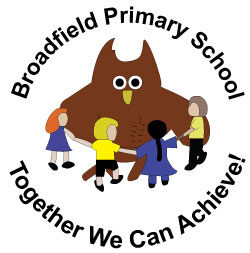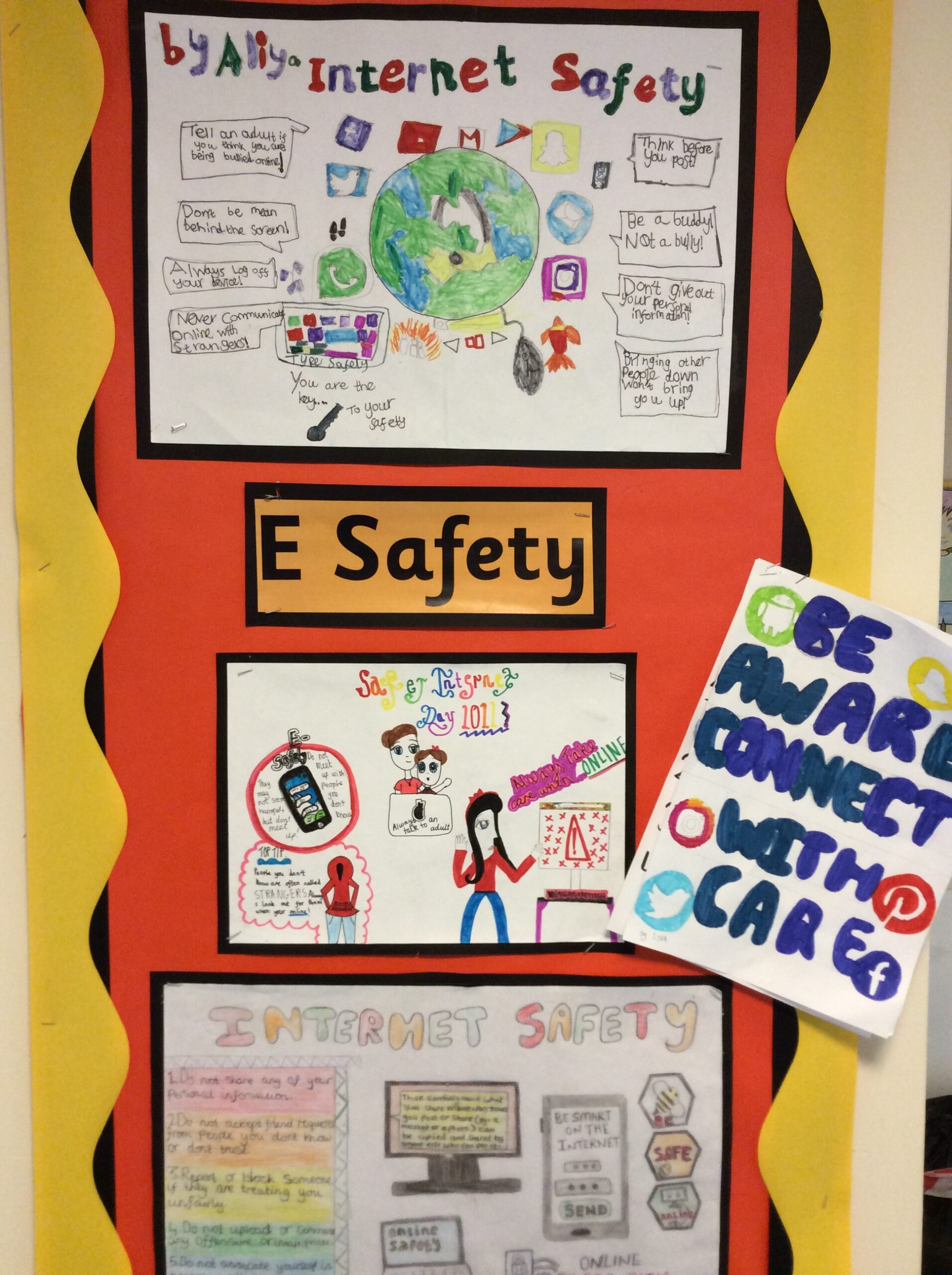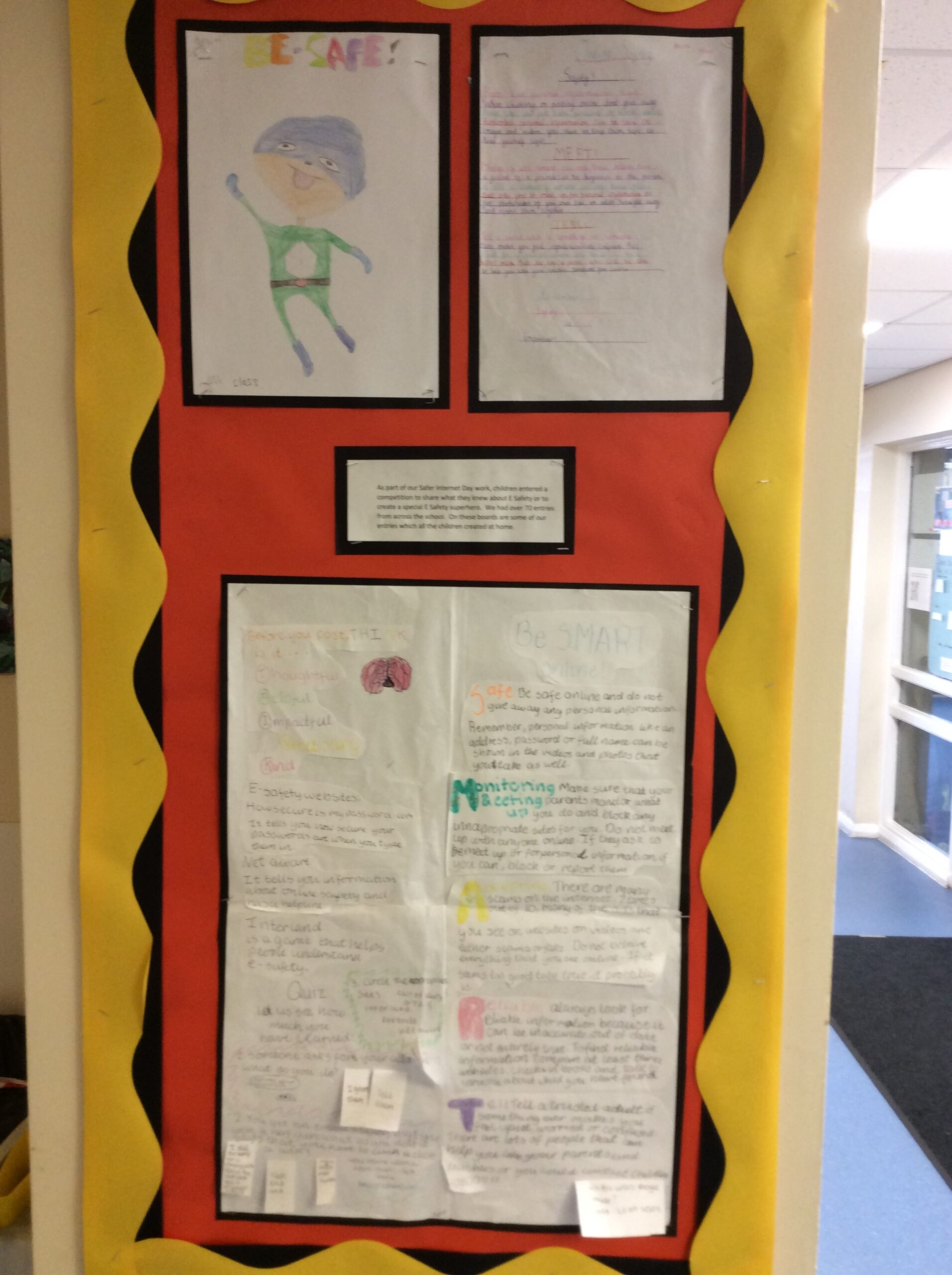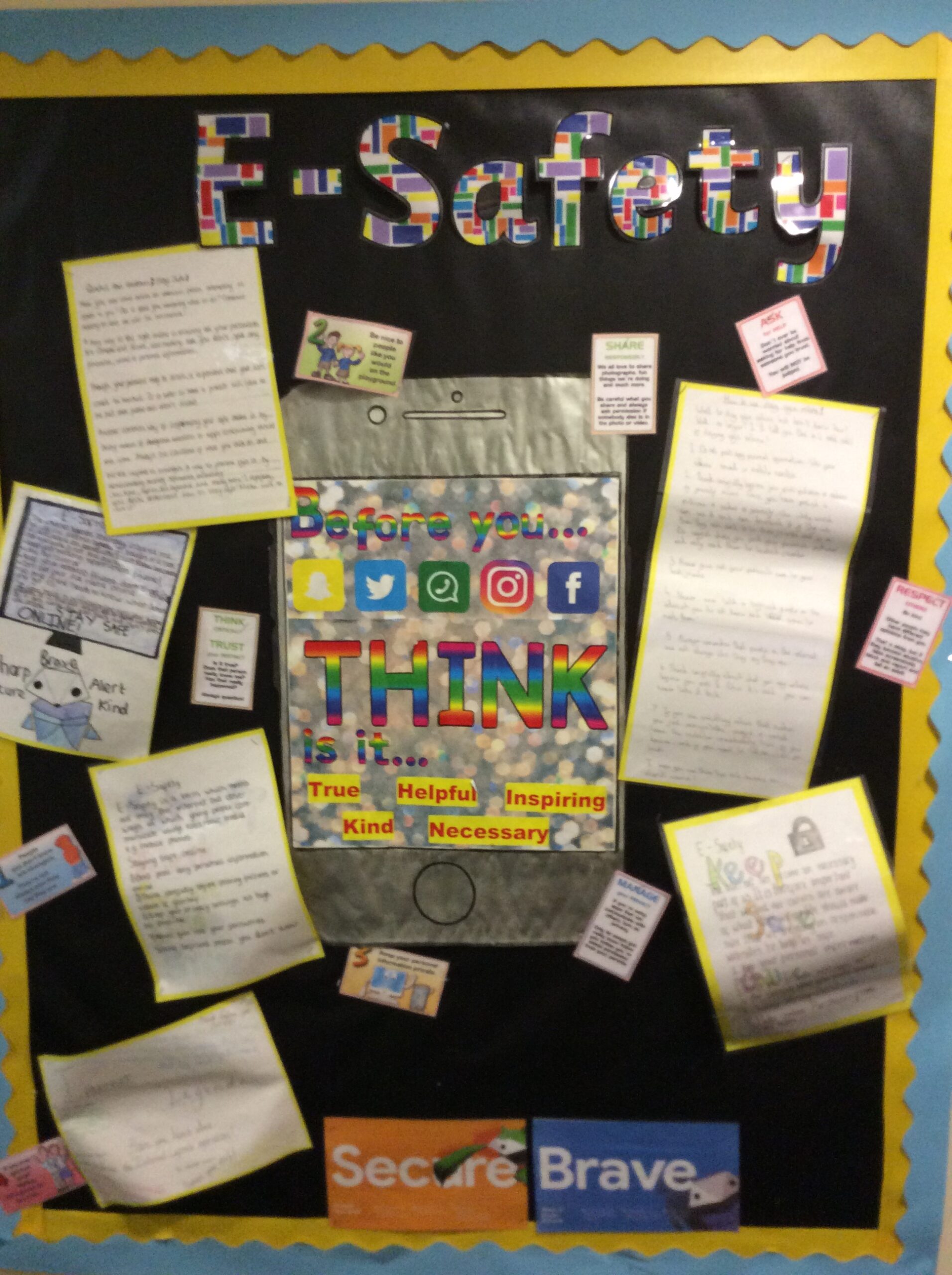Click here to see the overview for computing 2024-2026
Intent: Our Aims
Our intent is to provide opportunities for children to develop as confident, articulate and well-rounded children who can succeed as individuals and contribute to their community and the wider world.
At Broadfield Primary School, we want our children to be considerate, careful and enquiring users of technology. Computing education is important as it has social, cultural and economic benefits. To enable our children to become “thinkers of the future” and develop their knowledge and skills we aim to deliver a modern, ambitious and relevant education in computing.
Our aims are:
- That every child has opportunities to succeed in the three strands of the computing curriculum
- That every child is aware of, and is able to describe, the ways in which they can be safe online and put this knowledge into practice
- That every child develops into a confident and considerate digital citizen.
We strive to ensure that all children have appropriate access to hardware and software to enable every child in our school to succeed. We celebrate advances in technology and apps and discuss their implications. We recognise that in an increasingly technological world, being confident users of a range of hardware and software is vital to the future success of our pupils.
Implementation – How We Will Do This
Our scheme of work for computing is adapted from the ‘Teach Computing’ Curriculum and covers all aspects of the National Curriculum. This scheme was chosen as it has been created by subject experts and based on the latest pedagogical research. These units are built on 12 key pedagogical principles of computing: lead with concepts, working together, get hands on, unplug unpack repack, model everything, fostering program comprehension, create projects, add variety, challenge misconceptions, make it concrete, structure lessons, read and explore code first.
The curriculum aims to equip young people with the knowledge, skills and understanding they need to thrive in the digital world of today and the future. The curriculum can be broken down into 3 strands: computer science, information technology and digital literacy, with the aims of the curriculum reflecting this distinction.
The national curriculum for computing aims to ensure all pupils:
- can understand and apply the fundamental principles and concepts of computer science, including abstraction, logic, algorithms and data representation (Computer Science)
- can analyse problems in computational terms, and have repeated practical experience of writing computer programs in order to solve such problems (Computer Science)
- can evaluate and apply information technology, including new or unfamiliar technologies, analytically to solve problems (Information Technology)
- are responsible, competent, confident and creative users of information and communication technology. (Digital Literacy)
In Computing, pupils have the opportunity to:
- Use the internet to research and communicate.
- Consider the consequences, advantages, disadvantages and dangers of privacy, cyber bullying, making ‘virtual friends’.
- Understand the need for respect for themselves and others when using media sites.
- Formulate and articulate their opinions of their own work, and the work of other people, and to express these with awareness and sensitivity towards others.
- Broaden and strengthen cultural experiences.
- Take part in a wide variety of different activities which require social skills, the ability to work collaboratively as part of a pair or group, as part of their class and as part of the school.
EYFS
Computing is not part of the latest statutory framework for the Early Years Foundation Stage. However, use of technology can enhance provision towards the Early Learning Goals. This may include technology items in role play areas, remote controlled toys and “unplugged” computational thinking lessons linked to wider topic areas. As such, we have improved provision with remote control toys, metal detectors and phones to support children’s wider learning in the EYFS. Staff in the Early Years also have access to Barefoot’s EYFS computational thinking lessons.
Key Stage 1
Children in Key Stage 1 all have a designated digital day. On these days, work in most subject areas is completed on computers. This could be via TTRockstars or Purple Mash for maths and English. Their computing curriculum follows Teach Computing.
Key Stage 2
All children in Key Stage 2 have a designated digital day. All children use Google Classroom to access work. Key stage 2 follows the Teach Computing curriculum. We enhance other areas of the curriculum using LBQ and TTrockstars.
E-Safety
For E- Safety, we base our learning on Project Evolve from SWGfL which uses the objectives from Education for a Connected World. We supplement this with lessons and activities from Google’s “Be Internet Legends”. We take part in Safer Internet Day annually. The Computing Lead also delivers half-termly parent workshops on current E-safety concerns.
Impact:
In computing, children’s work is reviewed and assessed by the teacher using assessment rubrics from Teach Computing, and children’s knowledge will be assessed using self-marking assessments in Google Forms.
Carefully chosen prerequisite and ‘in unit’ learning tasks enable children to develop and retain knowledge across a range of topics, build on key concepts and make links year by year.
Progress in computing is demonstrated by:
- children’s work, especially over time as they gain skills and knowledge
- observing how children work in lessons
- talking to children about what they have learnt.
The computing curriculum will contribute to children’s personal development in creativity, independence, judgement and self-reflection. This would be seen in them being able to talk confidently about their work, and sharing their work with others.
Children enjoy and value computing and know why they are doing things, not just how.
Children understand and appreciate the value of computing in the context of their personal wellbeing and the technological, creative and cultural industries and their many career opportunities.









